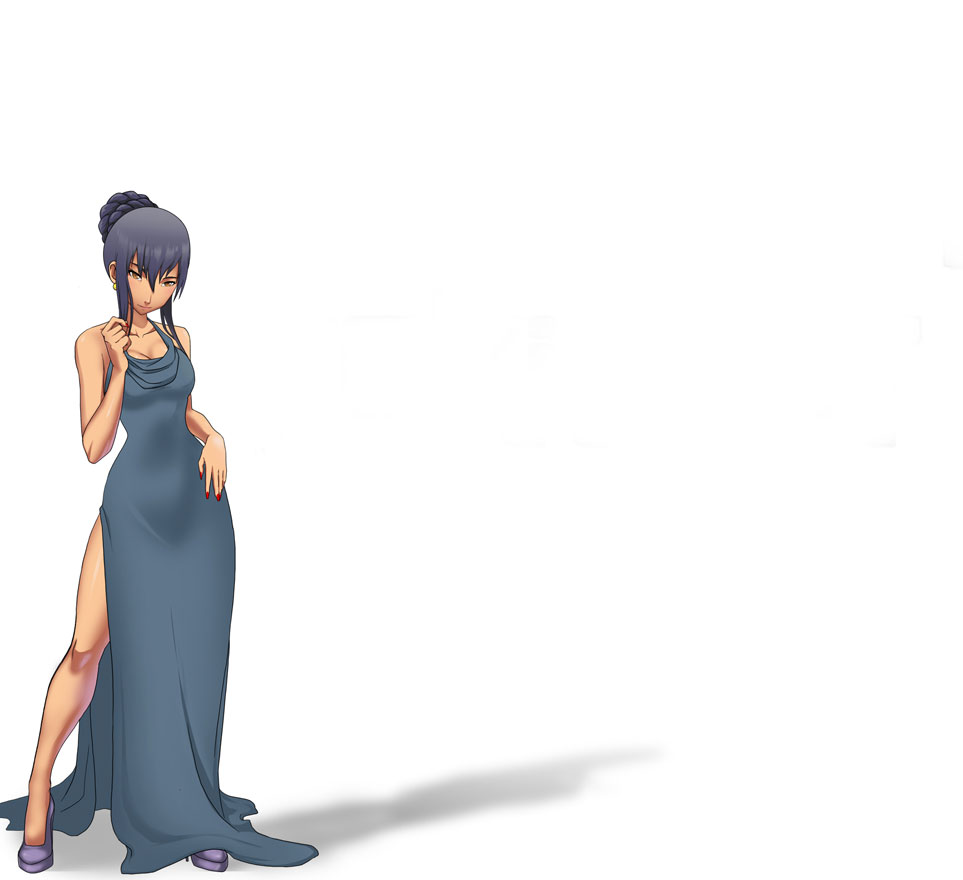Apple was recently at the center of a controversy with the DMCA. They asserted the “jailbreaking” of their iPods and iPhones in order to allow users to access applications not available through and approved by Apple to be a violation of the DMCA.
Section 1201 of the copyright law (17 U.S.C. ?1201(a)(1)) requires every three years that the Librarian of Congress determine whether there are any classes of works that will be subject to exemptions from prohibition against the circumvention of Digital Rights Management (DRM), which is a form of technology that controls access to a copyrighted work.
Based on a rulemaking proceeding conducted by the Register of Copyrights and her resulting recommendation, the Librarian then determines whether the prohibition on circumvention of technological measures that control access to copyrighted works is causing or is likely to cause adverse effects on the ability of users of any particular classes of copyrighted works to make non-infringing uses of those works.
In response to the Register’s most recent rulemaking proceeding and recommendation, the Librarian of Congress has determined that there are 6 classes of works, and that persons who circumvent access controls in order to engage in non-infringing uses of works in these six classes will not be subject to the statutory prohibition against circumvention.
These Six Classes of Works Pertain:
In response to the requests made by at least one consumer advocate group, the Librarian’s determination explicitly recognized an exemption to the Digital Millennium Copyright Act (DMCA) to permit the circumvention of such access controls for phones (known as “jailbreaking”) to allow owners to use their phones with applications that are not available from the manufacturer and to “unlock” their phones for use with service providers that are not approved by the manufacturer.
However, it was argued in response that the locks put on phones (by Apple, for example) were used to limit the ability of phone service subscribers to switch service providers, a limit that was simply a business decision that had no bearing on the interests normally protected by copyright and, therefore, the DMCA was not implicated.
At least one argument against Apple’s assertion was that prohibiting the jailbreaking of iPhones was akin to a toaster manufacturer being able to dictate what brands of bread can be used to make toast in its product.
Of course, while a user is now free to use any applications he or she desires on their phone, actually jailbreaking an iPhone may have negative consequences, such as voiding the manufacturer’s warranty or not being able to make a jailbroken iPhone work with a non-approved phone service.
Of particular note in this case is the circumvention of access controls as they relate to computer programs that enable wireless telephone handsets to connect to wireless telecommunications networks.
As noted in the copyright law, the results of a rulemaking proceeding are applicable for a three-year period, and the exemptions determined by the Librarian must be re-argued. Thus, in a year or two, the Register of Copyrights will open up a comment forum and begin accepting submissions in preparation for the next rulemaking. Apple (and any other phone manufacturer or any owner of copyrightable subject matter) will then be free to argue for the expiration of the exemptions set forth by the most recent determination.
At Michaud-Kinney, we cooperate with our clientele to create an intellectual property procurement and portfolio management method to meet our customer’s business goals and objectives. This hands-on process is influenced by strong customer relationships along with modern communication systems. Go to htpp://www.mkgip.org to learn how you can achieve your IP needs now.
Article from articlesbase.com



Leave a Reply
You must be logged in to post a comment.